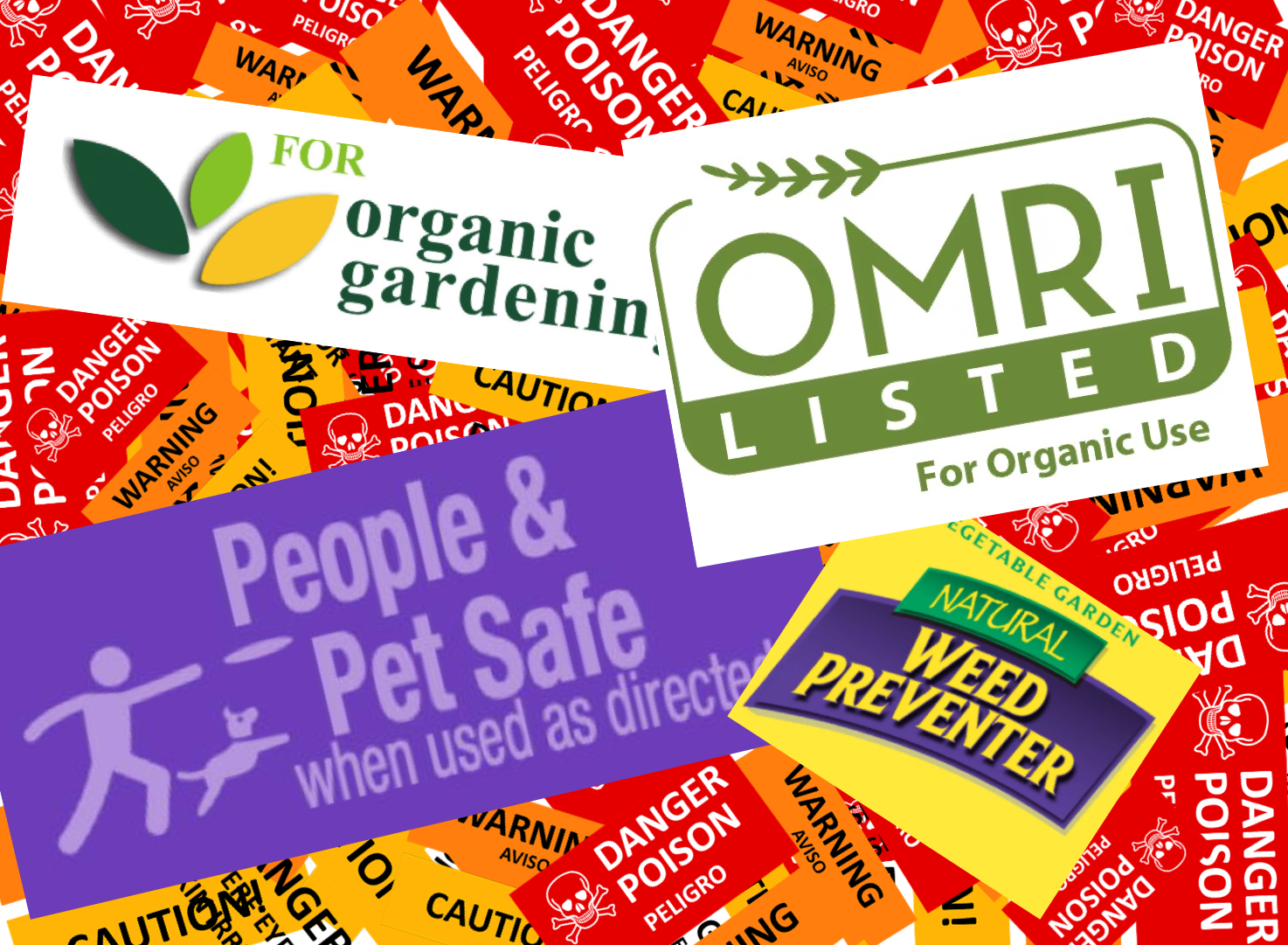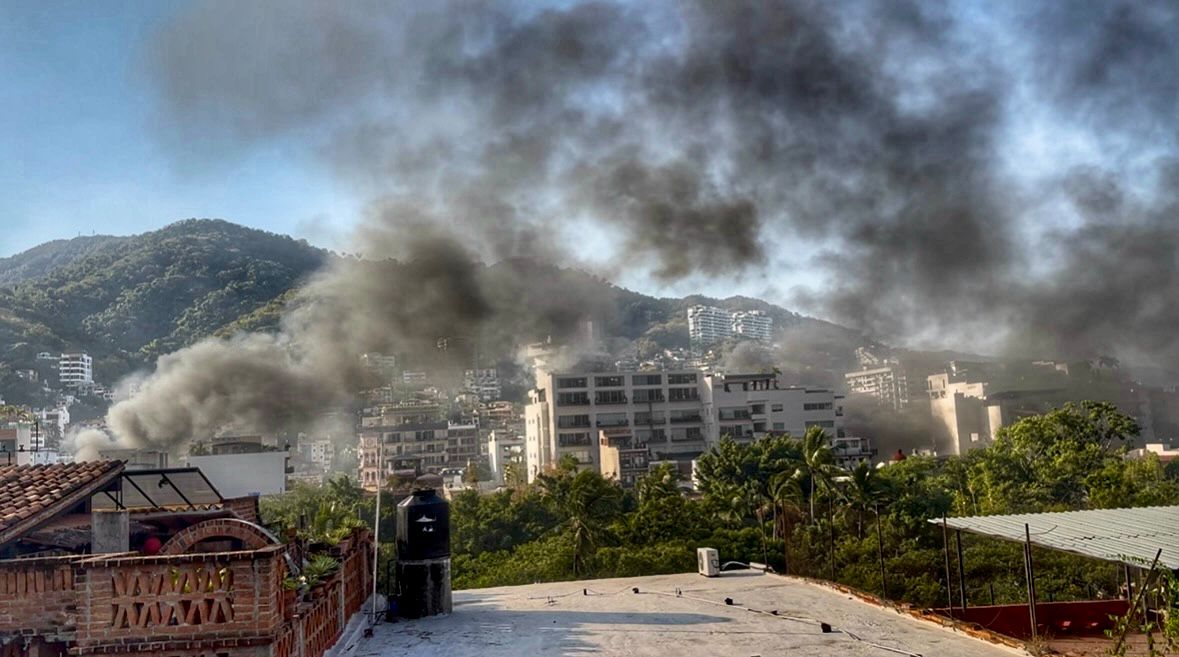Welcome to L.A. TACO’s plant and gardening column: Yerbalife. I’ll be your host, Memo Torres, a third-generation landscaper. Finding the best tacos is what I do for lunch, landscaping is what I do in life. Have a plant-related question? Email me at memo@lataco.com.
We all like labels that say "Organic, OMRI Listed for Organic Use, Natural, People, and Pet Safe" on gardening products. They make us feel warm and toasty inside because those products imply that using them in place of chemical-laden gardening products is safer.
But I can think of no better way to describe these labels than with the ones Chris Farley used in the movie Tommy Boy: "You can take a giant shit in a box and put a guaranteed organic label on it, but you're still just buying a guaranteed organic box of shit."
To be clear, I'm not shitting on organic products overall.
There are certainly safe organic products, but you might be shocked to find that many organic products are likely to be more toxic than their counterparts. We tend to forget that not everything organic—by the full definition of the word—is safe.
Poison Ivy is organic. Gasoline is organic (yes, it's a FOSSIL FUEL). Many of the most common fertilizers, like Ammonium Nitrate, Ammonium Phosphate, Superphosphate, and Potassium Sulfate, are made from petroleum byproducts.

If you're concerned with purchasing something safe, you should look beyond the organic "safe" or "natural" labels. These can be deceptive, manipulative, if not meaningless, and sometimes dangerous. The organic labels should not be the only thing you’re reading on these bottles.
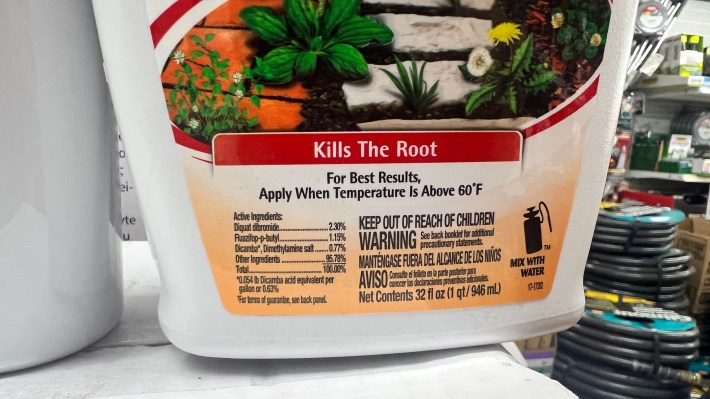
Pay closer attention to warning labels on organic products, specifically the labels reading "Caution, Warning, Danger," and especially "Poison." These words are not arbitrary or interchangeable. Each is a particular signal word trying to tell you, not only the severity of the hazard of the organic product, but of the level of precaution, or rather the term we're all familiar with now, the type of PPE you should be wearing when using these products.

It's important to understand that these labels are for short-term, immediate physical hazards. Long-term effects like the possibility of cancer are not defined. Even so, don't be quick to believe that products labeled safe for organic are free of cancer-causing chemicals.
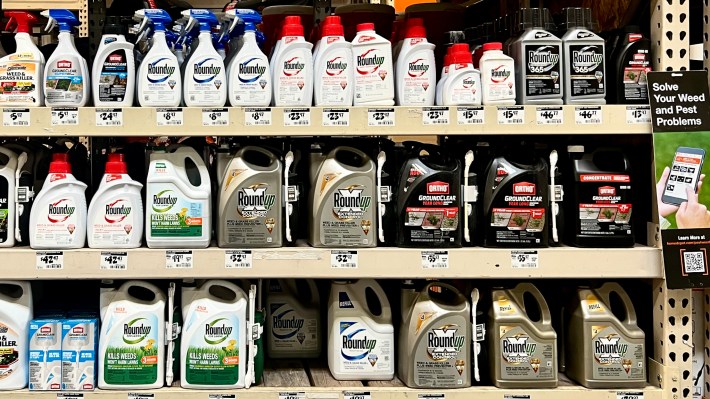
Glyphosate has become the boogeyman of weed and plant sprays. Since news of lawsuits and bans linked the herbicide to cancer, it has encouraged organic alternatives in gardening. And while glyphosate carries genuine dangers, it also has been a scapegoat and, as a consequence, allowed other possible carcinogenic products to slide under the radar. Malathion is great example.
The reality is that there are plenty of pesticides, herbicides, and even fertilizers that are currently labeled safe for organic use that can carry carcinogens.


Take, for example, this Dr. Earth “OMRI listed for organic use” fertilizer for tomatoes, vegetables, and herbs. Looking at the back of the label, you'll find in the smallest print “Warning: Cancer” with a link to California's Proposition 65 website, which "requires businesses to provide warnings to Californians about significant exposures to chemicals that cause cancer, birth defects or other reproductive harm."
This product is advertised as organic, with a cancer warning in the back, meant for your tomatoes, vegetables, and herbs. Remember what I said earlier about some fertilizers being made from petroleum byproducts?
In comparison, glyphosate, with all its lawsuits and bans, the EPA still holds steady to its finding "No evidence that glyphosate causes cancer in humans."
However, The International Agency for Research on Cancer, IARC, did disagree slightly by saying glyphosate is "probably carcinogenic to humans." It’s probably why Round-Up and other glyphosate-using brands have at least a caution label and not a “Probably Caution” one instead.
But what about the organic alternatives to Round-Up?
Windbiel-Rojas, of UC's Integrated Pest Management Program, which growers, farmers, and landscapers look to, has been conducting studies since 2019 on how effective organic herbicides are compared to glyphosate.
Basically, all organic herbicides currently on the market are as good as a blow torch; they’ll burn the leaves for a couple of weeks, but the roots sprout out again, giving you fresh green weeds and grass in about four weeks. While glyphosate kills most of the roots in a one-and-done application, organic herbicides must be applied almost every four weeks on average.

Consider the added exposure requirement of the repetitive need for organic alternatives that carry the higher warning labels compared to glyphosate, which sits comfortably in its jeans with only a caution label. Furthermore, organic herbicide alternatives usually require larger concentrations of the active ingredient.
As it is, farmers who use glyphosate regularly are at a much higher risk than homeowners, who only need to use glyphosate once in a while in small spaces.
So what happens to the safety risks for everyone when they need to use organic alternatives that are more toxic, more frequently, and in heavier doses? Still safer, you think? It will be long time before we really know.
“But okay,” you might say. “Homemade concoctions have to be safe, then. Right?"
Take this Martha Stewart recommendation for a vinegar-based Home Made Weed Killer. It's a typical recipe that amateur bloggers and TikTokers recommend, and I always get asked about it.
While Martha doesn't specify what vinegar to use, industrial vinegar is toxic, and it is what is sometimes recommended by amateurs on TikTok. But say, after hearing about this homemade remedy, you walked into a garden center, looked for an organic option, and saw this big bottle labeled "Vinegar." You might think, "Oh, this must be safe," so you ignore the poison label and buy the product.
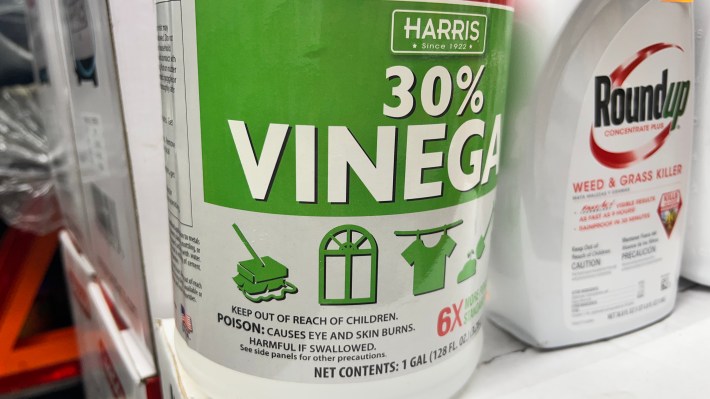
If you can somehow stomach the pungent smell of vinegar all over your yard, you should know that according to researchers, "Based on animal tests, the researchers estimated that a gallon of the salt and vinegar concoction was nearly 10 times more toxic than the store brand glyphosate they tested it against."
To throw another weed into the mix: "For those looking for alternatives because of Round-up and cancer concerns, it's important to note that vinegar made from genetically modified crops may contain glyphosate. Most vinegar is made with corn, and most corn in the U.S. is grown from Round-up Ready seed."
Generally speaking, while there is caution to be advised by being in contact and breathing in glyphosate, the most significant danger is in our crops absorbing it. It's why a requirement for most, if not all, organically grown food is that glyphosate is prohibited to be used, especially to kill the weeds and grass in a field before tilling and planting new crops.
According to several studies, if you want to use it around the driveway once or twice a year and away from vegetables and fruit trees, that's okay. The risk is minimal as long as you wear proper protective equipment.

There are different PPE recommendations and requirements with each warning label. With caution level labels, like glyphosate, you should wear chemical-resilient gloves, goggles, a mask, closed shoes, pants, and long-sleeved shirts.
Don't let it get on your skin, and ensure you remove and wash your clothes afterward. When you get to the following levels, from warning to poison, where you'll find more organic options, you'll need to dress up like you're avoiding the plague: full body suit and face mask.
The truth is that understanding so-called organic alternatives is still an evolving science, and observing any long-term effects and research is still in its early phases.
If you're trying to stay completely safe while killing weeds around your home, just stop being lazy. Do the work. Get in there with some hand tools, loosen the dirt, dig your finger into the soil, pinch the root crown, and pull it out of the ground.
Pulling out the whole root system, shaking off the dirt, and throwing it to the side as you keep working is satisfying, too. Definitely many yards better than purchasing guaranteed organic toxic shit in a bottle.
